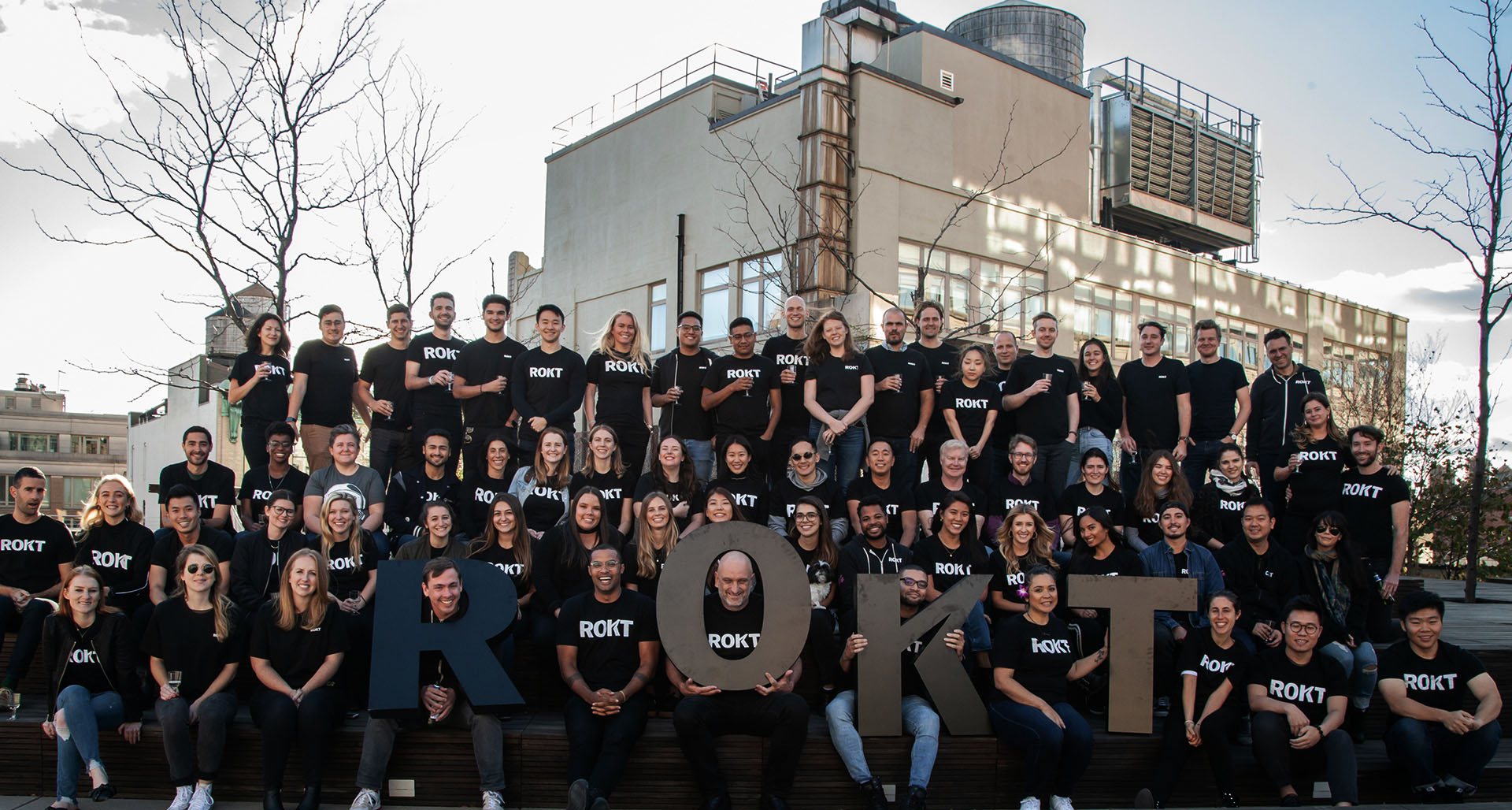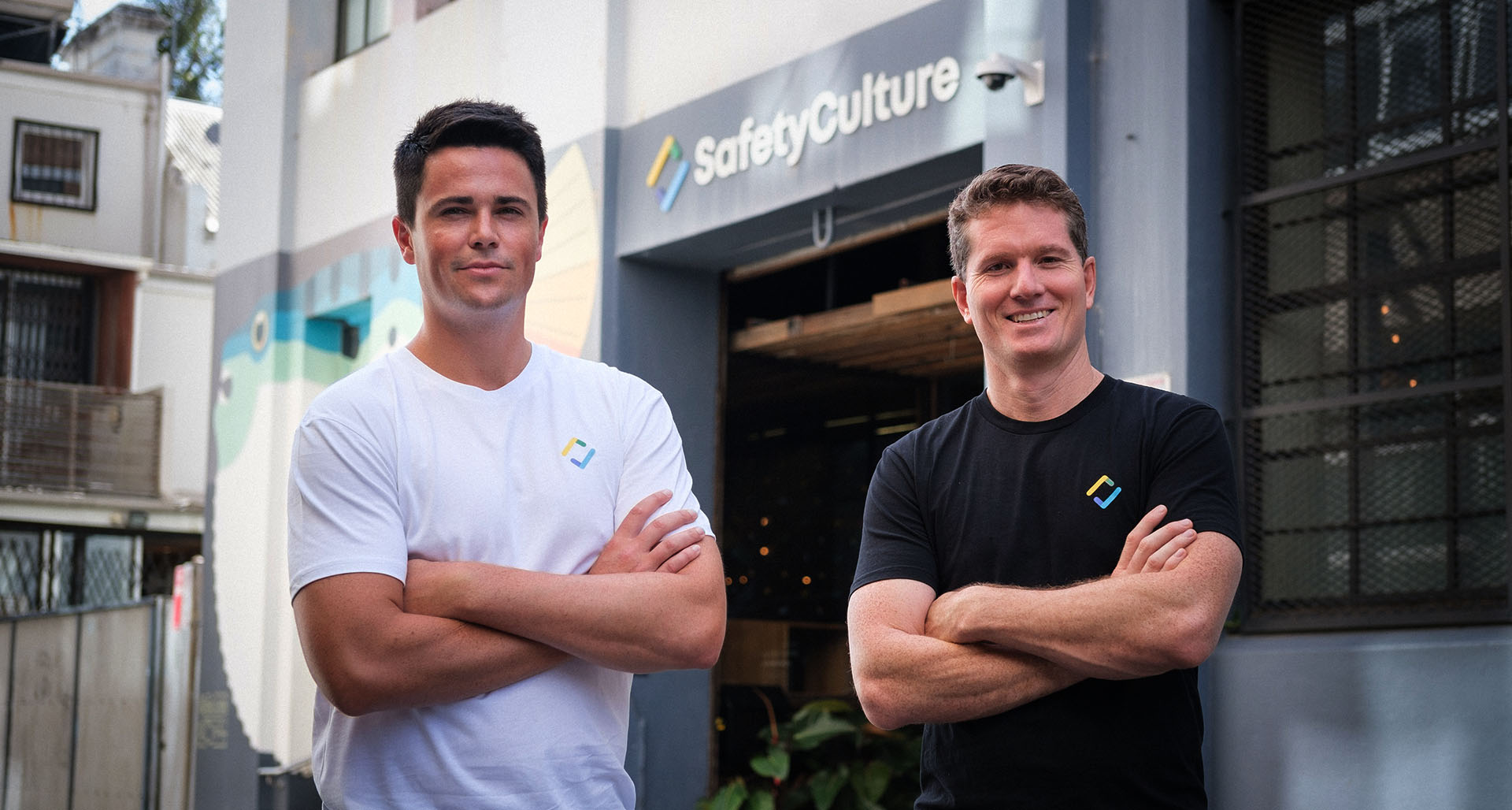We had a chat with Peter Ralph to learn more about how universities and industry can work together to address climate change.
What are you working on and why is it important?
Climate change is the biggest challenge facing our planet. Finding ways to transform our planet, our society, and our industries to address climate change is the responsibility of all of us, and one that we are trying to do in innovative ways. At C3, we are working to transform industries to use sustainable raw materials using carbon dioxide captured from our atmosphere, rather than fossil-sourced carbon. My goal is to work with industry partners such as v2foods, Piping Hot, Young Henrys, and others, who want to make bio-based products that also store atmospheric carbon to replace traditional (fossil-derived) products – this is a win-win solution. Having places where universities can work closely with innovative partners is essential to innovating in climate change and encourages rapid and effective translation of these new solutions.

One interesting thing about the sector you work in
If we can find examples of where biology can transform materials without harsh chemicals and loads of energy, this will allow the bioeconomy to flourish. Biomanufacturing or cell-based technologies offer a new, exciting horizon in sustainable industries such as new compostable or biodegradable algae-based plastics, new sources of alternative foods, wastewater treatment, carbon capture, and building materials
What are the links between the Biotech and Quantum sectors?
The interface between commercial sector and university is closer and people are looking for connections. In fact – a lot of our most impactful and innovative partners are within the Quantum sector. This ecosystem promotes rapid innovation and translation – both of which are required to address climate change. Having university facilities close to the Tech Central allows the development of “deep tech” where access to cutting edge technology is needed to advance innovation. This is especially true for biotechnology.
Why is being based in Sydney important for attracting the right people?
We are looking to attract innovative companies, industries, and other businesses that want to create impact on climate change in innovative ways.
What are you reading or listening to this month?
The Infinite Game by Simon Sinek (re-reading)
For more information about Tech Central, follow us on Linkedin, Twitter and Instagram
Image credit:
Peter Ralph
Executive Director of the Climate Change Cluster (C3) and Founder of the NSW Deep Green Biotech Hub, University of Technology Sydney



